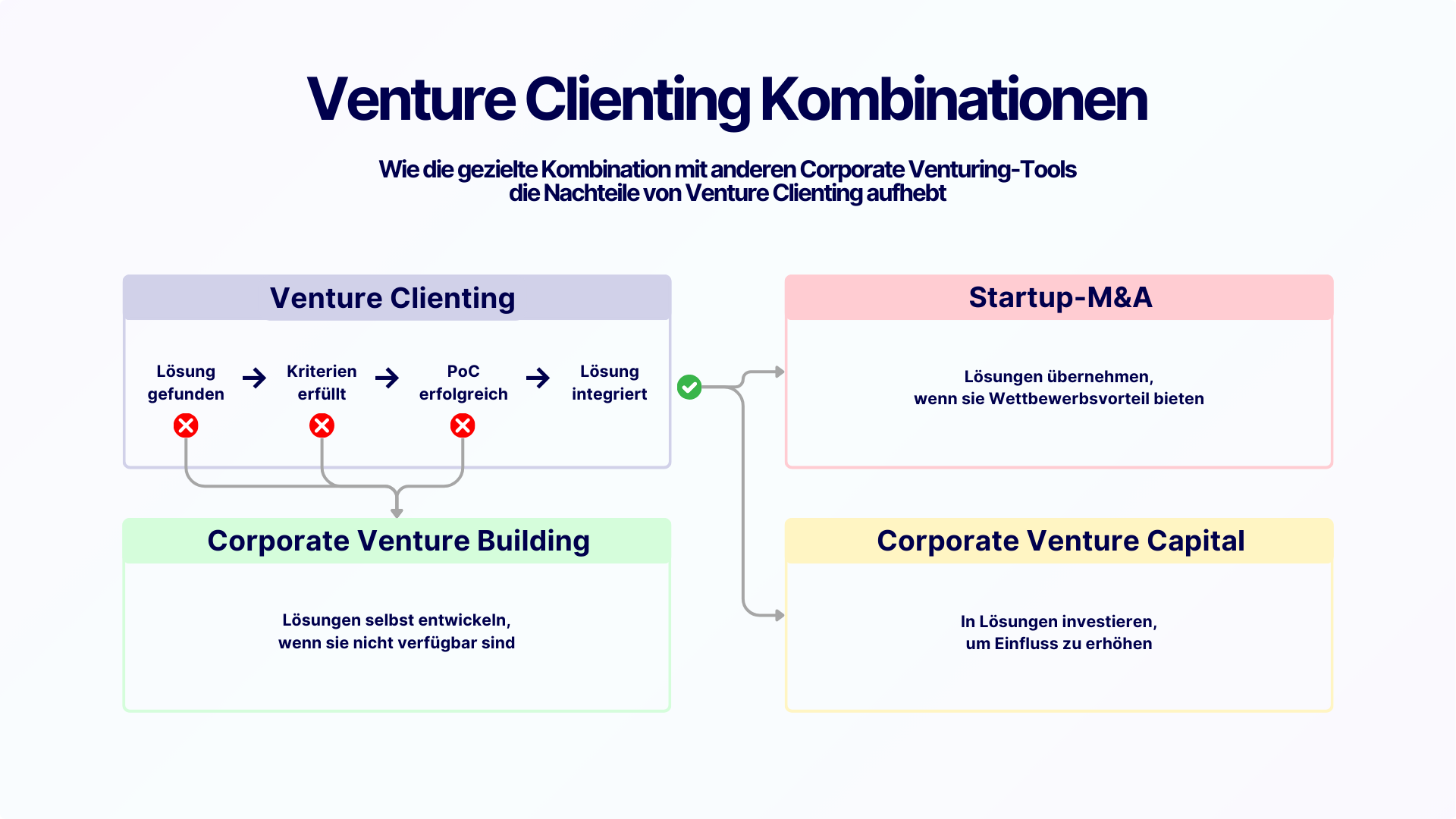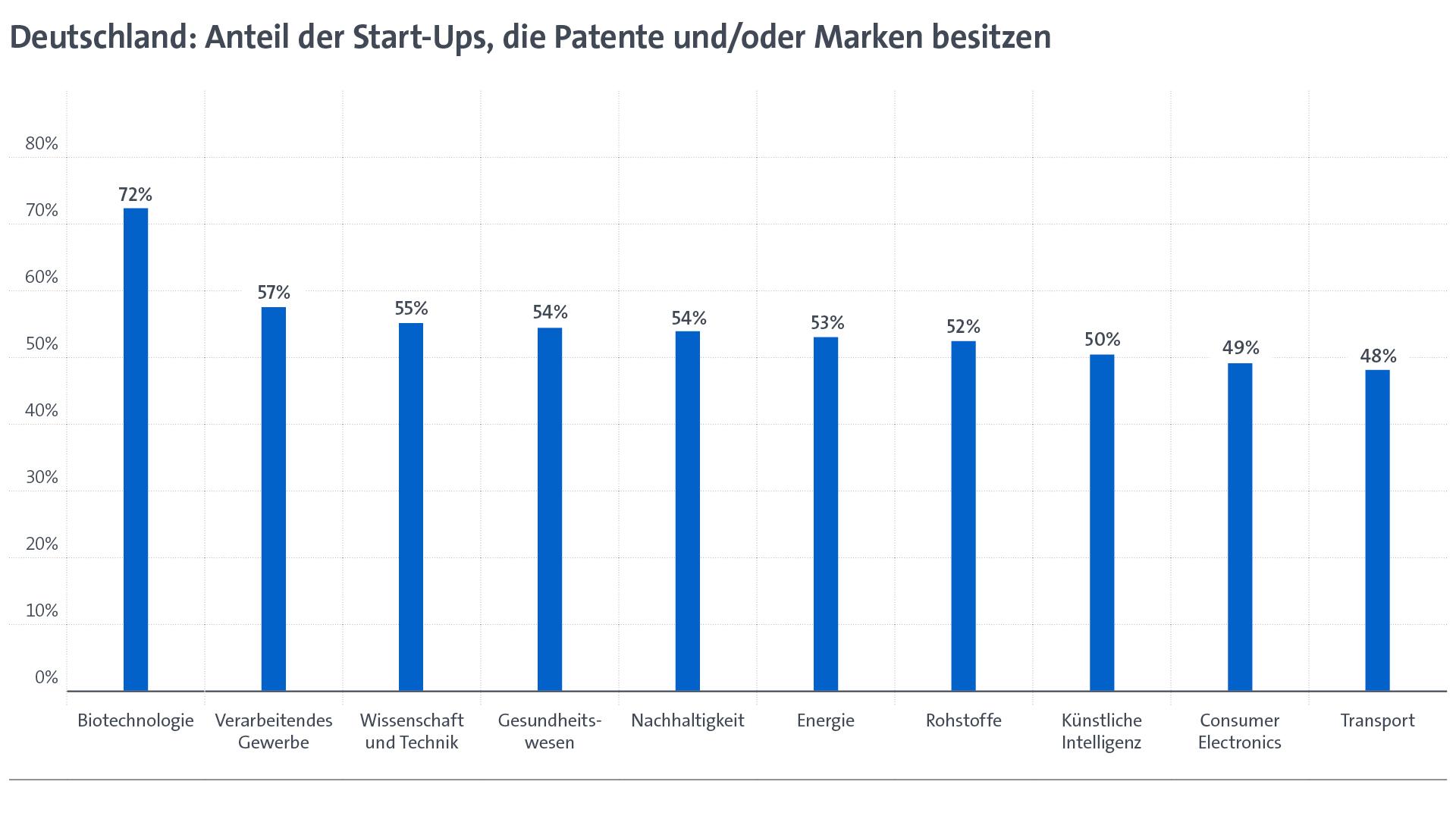How founders can give notice to their employees

If things go badly, start-ups must also be able to part with employees. An overview of what works - and what doesn't.
It's clear that it should be all about growth. After all, start-ups want to be success stories at best. But of course, layoffs are also part of everyday life in the corporate world. Founders who want to, or rather have to, let go of an employee have a few things to consider. Otherwise the termination will quickly become invalid. Start-up bosses should think about these questions before giving notice. At the same time, they also serve as a guide for employees as to whether the dismissal is legal.
What is the difference between ordinary and extraordinary termination?
Normally, ordinary dismissals are always involved when an employee is to be dismissed. They are characterized, among other things, by the fact that the employer must state a reason for termination and there is usually a notice period. Founders can issue an extraordinary termination if there is a so-called "good cause", for example in the event of blatant misconduct on the part of the employee. In this case, there is no longer necessarily a notice period. However, this text will focus on ordinary terminations.
Which work groups can founders terminate with notice?
There are some occupational groups that employers cannot dismiss without notice. These include works council members, for example, which could be a reason. Apprentices cannot be dismissed with notice after the end of their probationary period either.
There are also some groups that enjoy special protection against dismissal. These include pregnant women, employees on parental and care leave and mothers for up to four months after the birth of their child. As a rule, they too cannot be dismissed with notice. Severely disabled employees, on the other hand, can be dismissed with notice, but in this case the integration office must give its consent - as well as the company's representative body for severely disabled employees, if there is one. This is mandatory in companies in which at least five severely disabled employees have been working for more than six months.
On what grounds can founders dismiss an employee?
The Dismissal Protection Act in Germany stipulates that employers may only give notice of dismissal if it is socially justified. Founders must therefore be able to prove a reason for the dismissal in the person, the behavior of the employee or due to operational requirements.
Dismissal for personal reasons may be given if the employee is demonstrably unable to perform as expected, for example if they are too often ill for too long and this will not change in the future. In the case of dismissal for misconduct, things become more difficult: Here, founders must be able to prove that misconduct has occurred and that continued employment would be unreasonable. To do this, they must also have issued a warning before the dismissal. Showing up drunk at work, insulting the employer or repeatedly being absent without excuse can be grounds for dismissal for conduct-related reasons. In the case of dismissal for operational reasons, on the other hand, founders must be able to demonstrate that the loss of a job is unavoidable, for example because they have fewer orders or they have to close a department.
Do the provisions on protection against dismissal apply to companies of all sizes?
There is a regulation that is intended to benefit small companies in particular. According to this, protection against dismissal only applies if there are more than ten employees at a start-up. This means that founders who are still responsible for a relatively small company have it a little easier than larger companies. However, anyone relying on part-time employees must now start doing the math. If they work 20 hours a week, they have to factor this in with a factor of 0.5. If employees work 30 hours a week, a factor of 0.75 applies. Founders do not have to include managing directors and themselves as owners.
What notice periods do founders have to observe?
The notice period depends on how long the employee has been with the company. Unless otherwise agreed in an employment contract, the following applies: During a six-month probationary period, the notice period is two weeks. Anyone who has worked for a company for up to two years is entitled to four weeks' notice to the 15th or end of the month. Anyone who has worked for more than two years is entitled to one month at the end of the month. After five years it is two months, after eight years three months and after ten years four months. These periods continue up to a period of employment of 20 years, in which case it would be seven months - but then there should no longer be any talk of a start-up anyway.
How should founders proceed with a notice of termination?
Notices of termination must be in writing, otherwise they are invalid. The boss just saying "you're fired" only works in Hollywood. As things stand at present, giving notice by e-mail is also not permitted. Founders must either hand the letter to their employee in person or send it by post. In the letter, founders must state the reason for the termination and clearly state the date from which the employment relationship is to be terminated.

Newsletter
Startups, stories and stats from the German startup ecosystem straight to your inbox. Subscribe with 2 clicks. Noice.
LinkedIn ConnectFYI: English edition available
Hello my friend, have you been stranded on the German edition of Startbase? At least your browser tells us, that you do not speak German - so maybe you would like to switch to the English edition instead?
FYI: Deutsche Edition verfügbar
Hallo mein Freund, du befindest dich auf der Englischen Edition der Startbase und laut deinem Browser sprichst du eigentlich auch Deutsch. Magst du die Sprache wechseln?


















